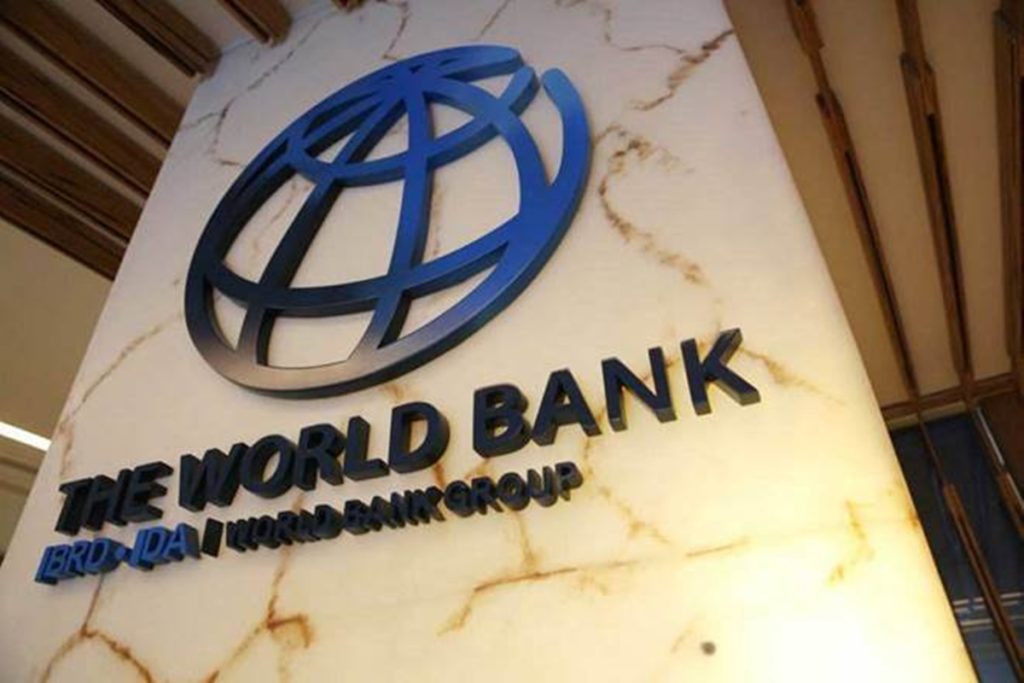It will also do lasting damage to labor productivity and potential output. The immediate policy priorities are to alleviate the human costs and atenuate the near-term economic losses. Once the crisis abates, it will be necessary to reaffirm credible commitment to sustainable policies and undertake the necessary reforms to buttress long-term prospects. Global coordination and cooperation will be critical.
Global Outlook
Regional Outlooks
The rapid rise of COVID-19 cases, together with the wide range of measures to slow the spread of the virus, has slowed economic activity precipitously in many EMDEs. Growth forecasts for all regions have been severely downgraded. Many countries have avoided more adverse outcomes through sizable fiscal and monetary policy support. Despite these measures, per capita incomes in all EMDE regions are expected to contract in 2020, likely causing many millions to fall back into poverty.
